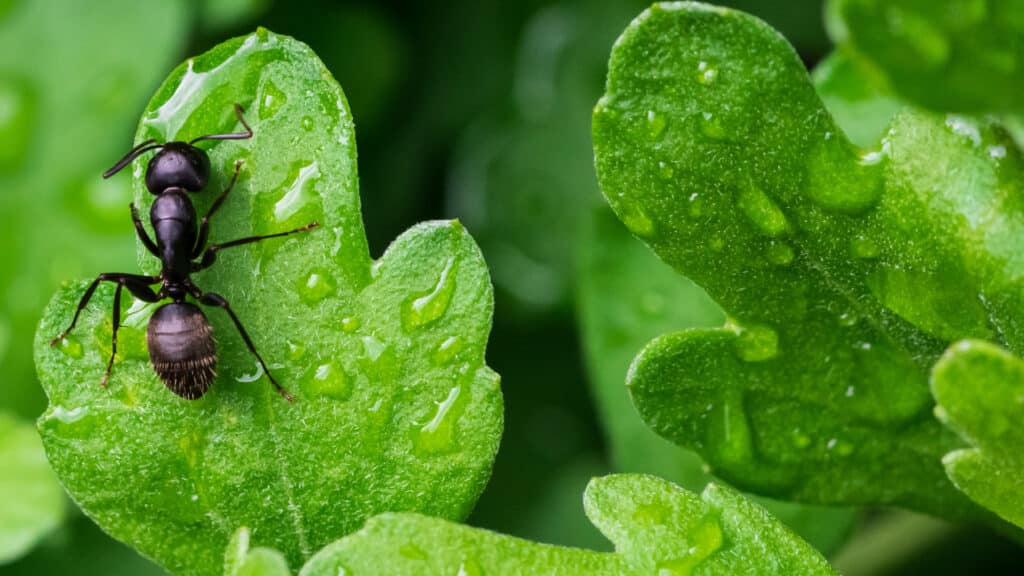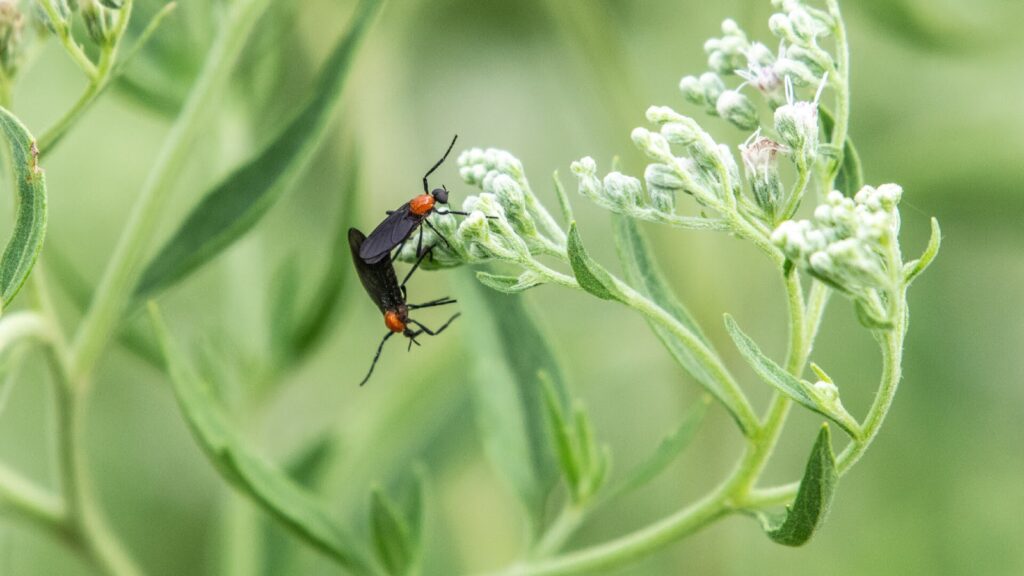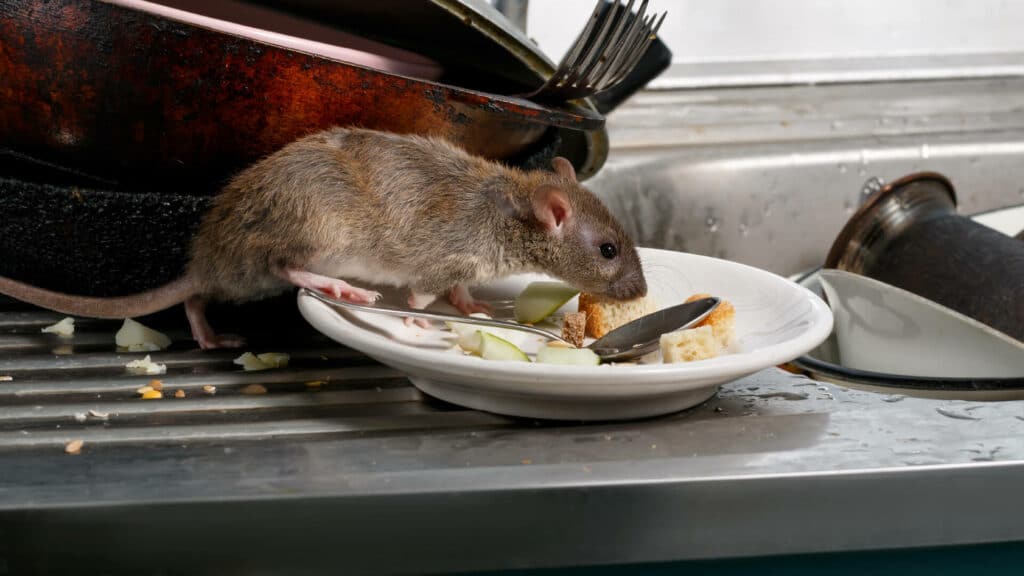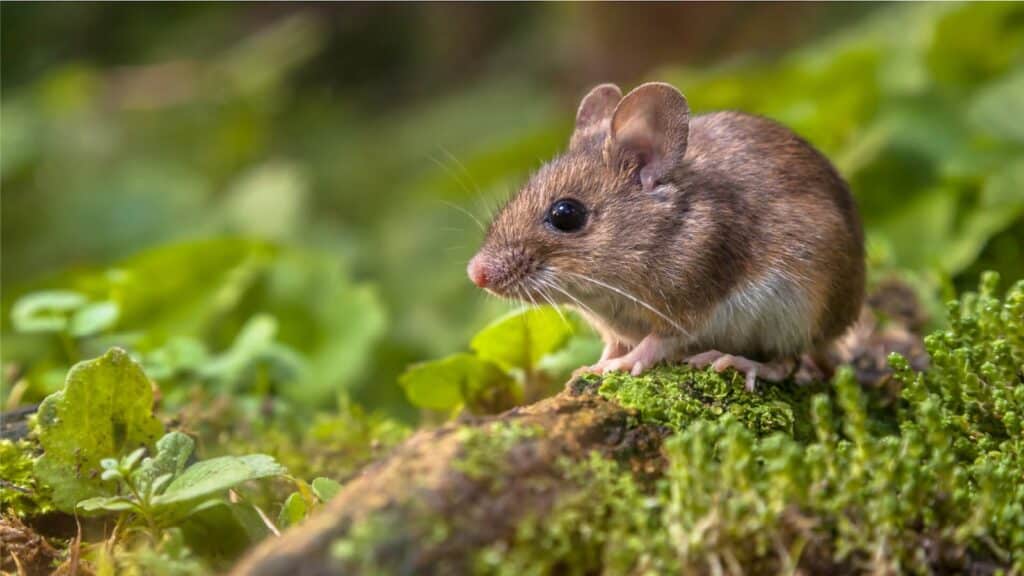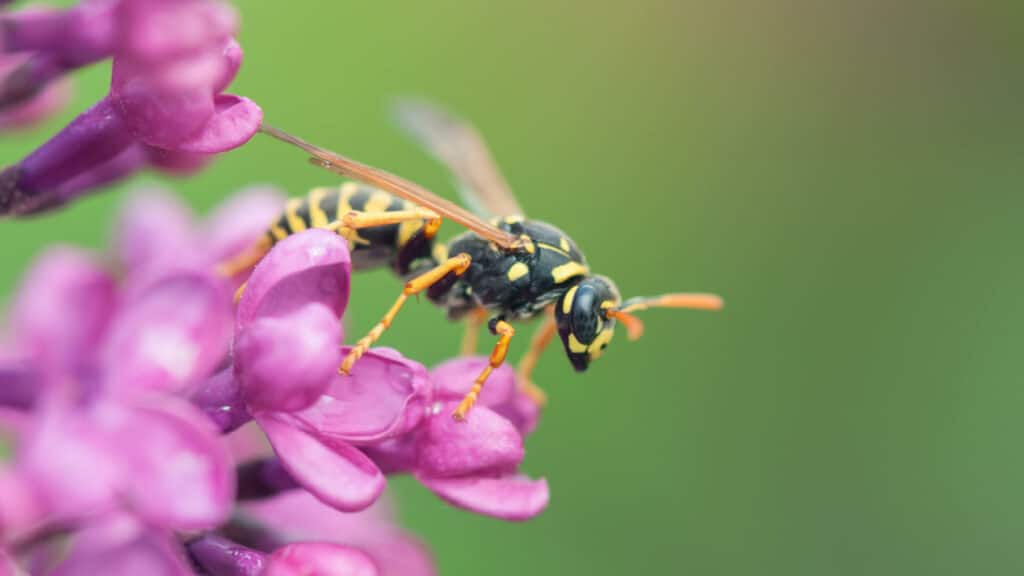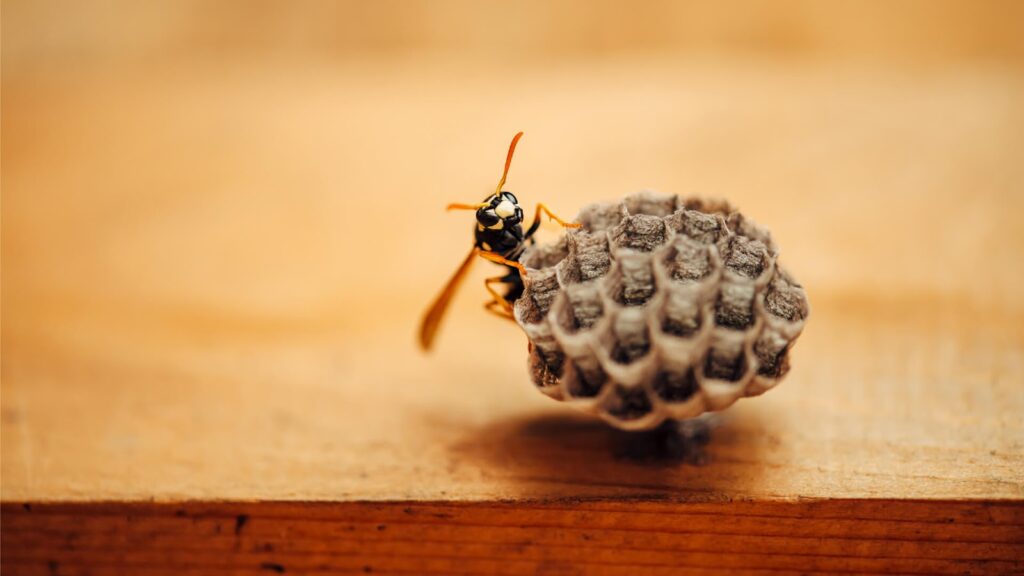Over 3,000 species of spiders have been identified in North America. However, of those spiders, not many have the ability to strike fear in an individual like the brown recluse. Because many spiders look alike, especially to the untrained eye, mistaken identity is quite common. This means a relatively harmless spider could be causing you some serious stress.
What Spiders Look Like a Brown Recluse
When it comes to spiders, many look the same. There is a good chance that if you see eight legs and brown coloring, you’re going to think you are looking at a brown recluse. Below are a few of the spiders that are frequently confused with brown recluses:
Common House Spider
As you can tell by the name, the common house spider is extremely common to North American households. While the name refers to several different species of spider, common house spiders share many of the same characteristics. For one, they are web-builders. Common house spiders build tangled webs in secluded spots where they will be out of the way and can go undisturbed. Basements, closets, and crawl spaces are all popular places for common house spiders to construct a web.
Common house spiders are about a quarter-inch long and are brown with faint black or white small patches of color. In other words, their coloring isn’t all that striking or noticeable. This allows them to blend into their surroundings with relative ease. Being able to disappear into the background is really their only defense mechanism since common house spiders aren’t aggressive. A common house spider would much rather find a new place to build a web and be left alone than try to bite you.
Wolf Spiders
Coming across a wolf spider can be very unsettling. Wolf spiders are larger than most spiders you are likely to find in your house. Wolf spiders do not build webs to catch prey. Instead they hunt crickets, ants, and other spiders for food. While this may seem pretty frightening, wolf spiders are not typically aggressive. However, they will bite if they feel threatened or are handled roughly.
Wolf spiders are typically tan, brown, or black in color. They are large and have hairy legs. Wolf spiders prefer to hunt at night but you can occasionally find them during the day. If you’re going to come across a wolf spider, you will likely seem them in your garage, basement, or on the ground level of your home. You shouldn’t try to squash a wolf spider because female wolf spiders carry their young on their backs. If you do step on one, the young will disperse.
Hobo Spider
The hobo spider’s reputation precedes it. Commonly referred to as aggressive house spiders, hobo spiders aren’t actually aggressive unless provoked. Many people are afraid of hobo spiders because they sometimes run directly towards them. In actuality, hobo spiders have terrible vision and quickly scurry towards you by complete accident.
Hobo spiders are commonly mistaken for brown recluses due to their brown coloring. However, there are some differences between the two spiders. Hobo spiders have a chevron pattern on their abdomens. These markings can be faint and difficult to see with the naked eye. Male hobo spiders have two palps, which resemble boxing gloves, attached to their heads. Unlike brown recluses, hobo spiders build funnel webs. These webs aren’t sticky like most spider webs. Instead, hobo spiders design their funnel webs to trap prey. They tend to build webs in dark secluded places such as in basements or woodpiles.
How to Identify a Brown Recluse
Identifying a spider can be difficult, especially since it requires you to get up close and personal with it. The biggest indicator of a brown recluse spider is the presence of a dark, violin-shaped mark on the spider’s back. If you’ve ever heard of a brown recluse being referred to as a “fiddle-back spider,” this is the reason why. However, not all brown recluses have this marking. Because the marking develops as brown recluses grow into adults, baby brown recluse spiders do not have the distinctive marking. Rather than taking things into your own hands, your best bet for identifying a brown recluse is through the use of a trained pest control expert.
How Aptive can Help
In order to prevent getting bit by a brown recluse, or any other type of spider, you should hire an Aptive pest control professional. When you use Aptive, a knowledgeable and trained service professional will conduct a thorough inspection of your property in order to uncover potential pest harborages. If you have favorable conditions for spiders in your home or yard, your Aptive professional will provide you with helpful methods and suggestions to prevent spider infestations from occurring. For example, your service professional may tell you to keep storage areas clutter-free and to make sure exterior doors and windows are well-sealed.
Once your property has been inspected, an Aptive professional will develop a suitable treatment plan to get rid of the pests that are plaguing you. Every treatment plan is based on a customer’s specific needs. If necessary, an Aptive service professional will conduct a follow-up inspection and apply additional treatments.
If you notice an influx of spiders on your property, call Aptive Environmental to schedule your service today. Aptive’s integrated pest management and firm commitment to effective pest control separate us from the competition.
